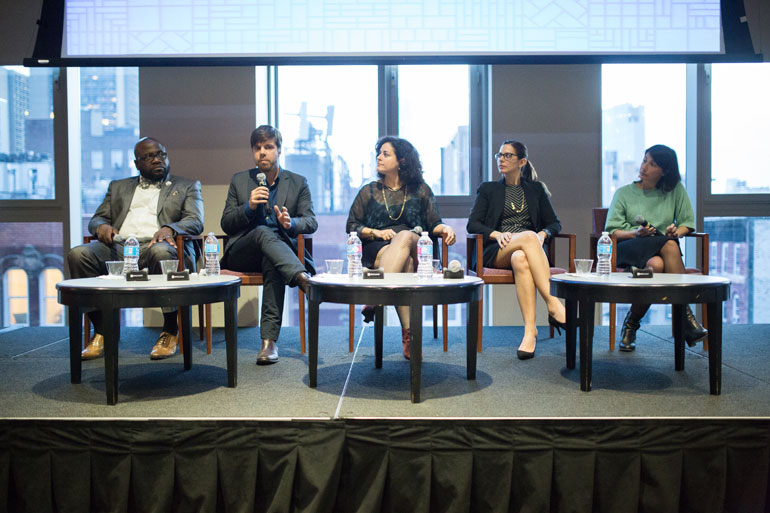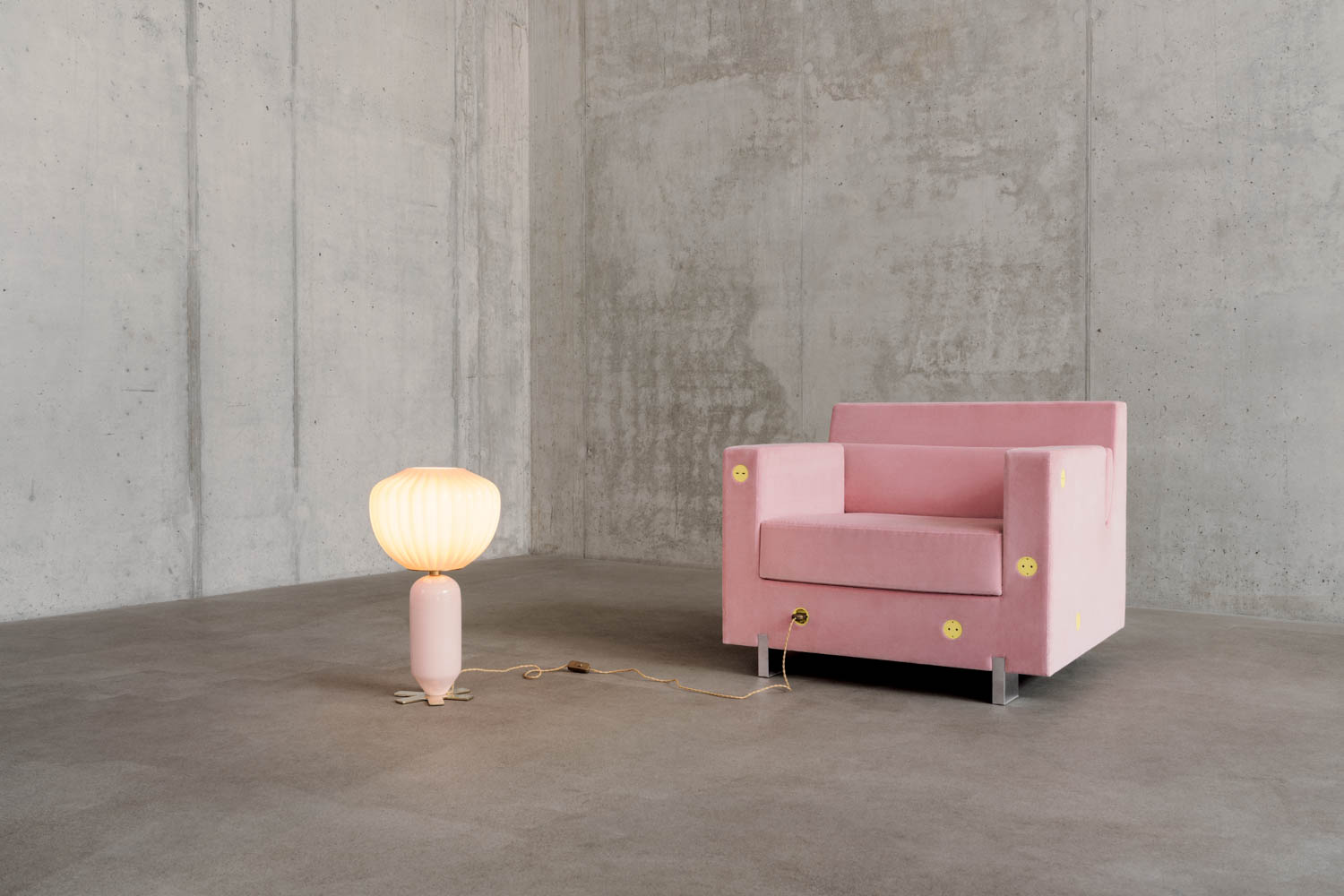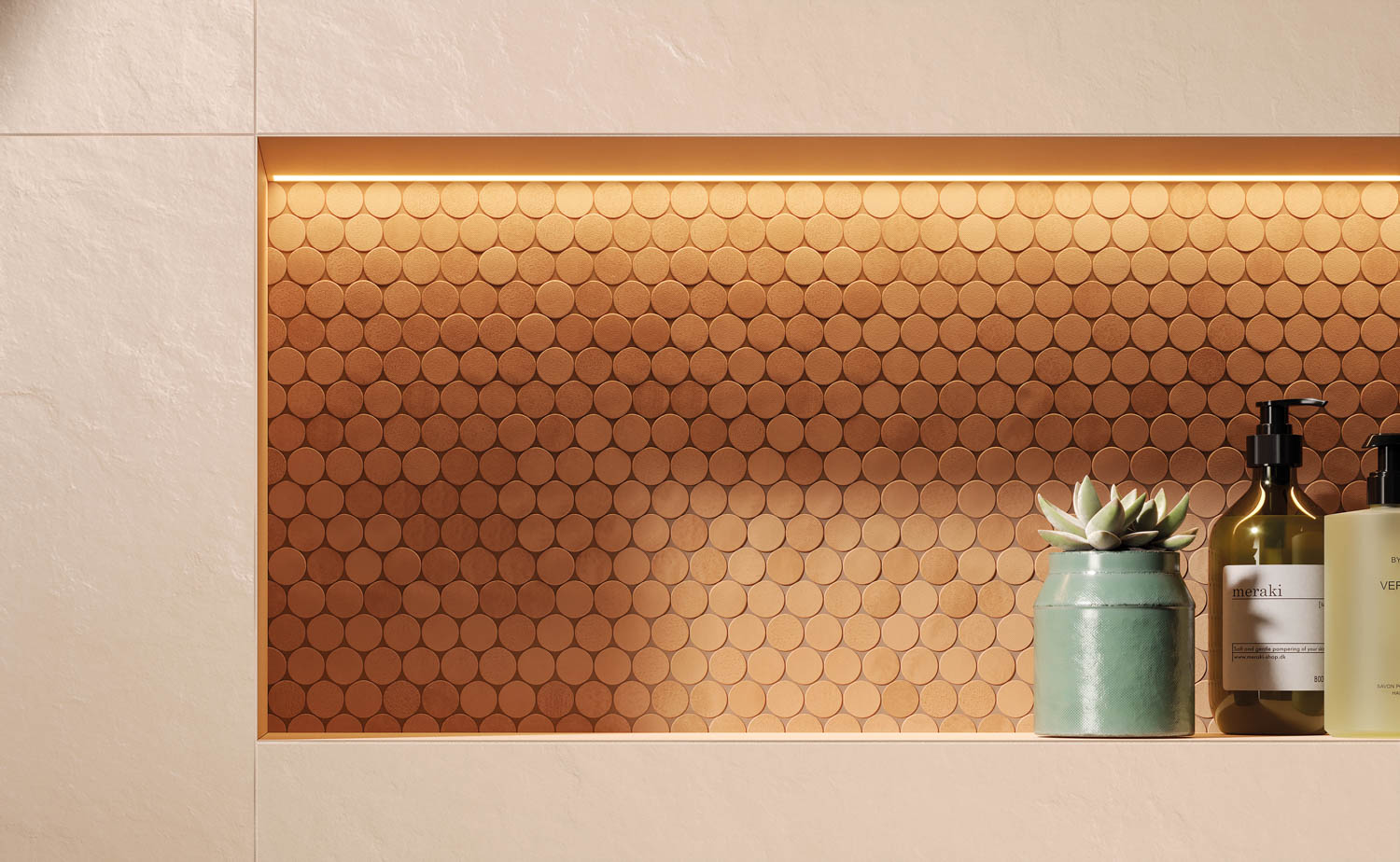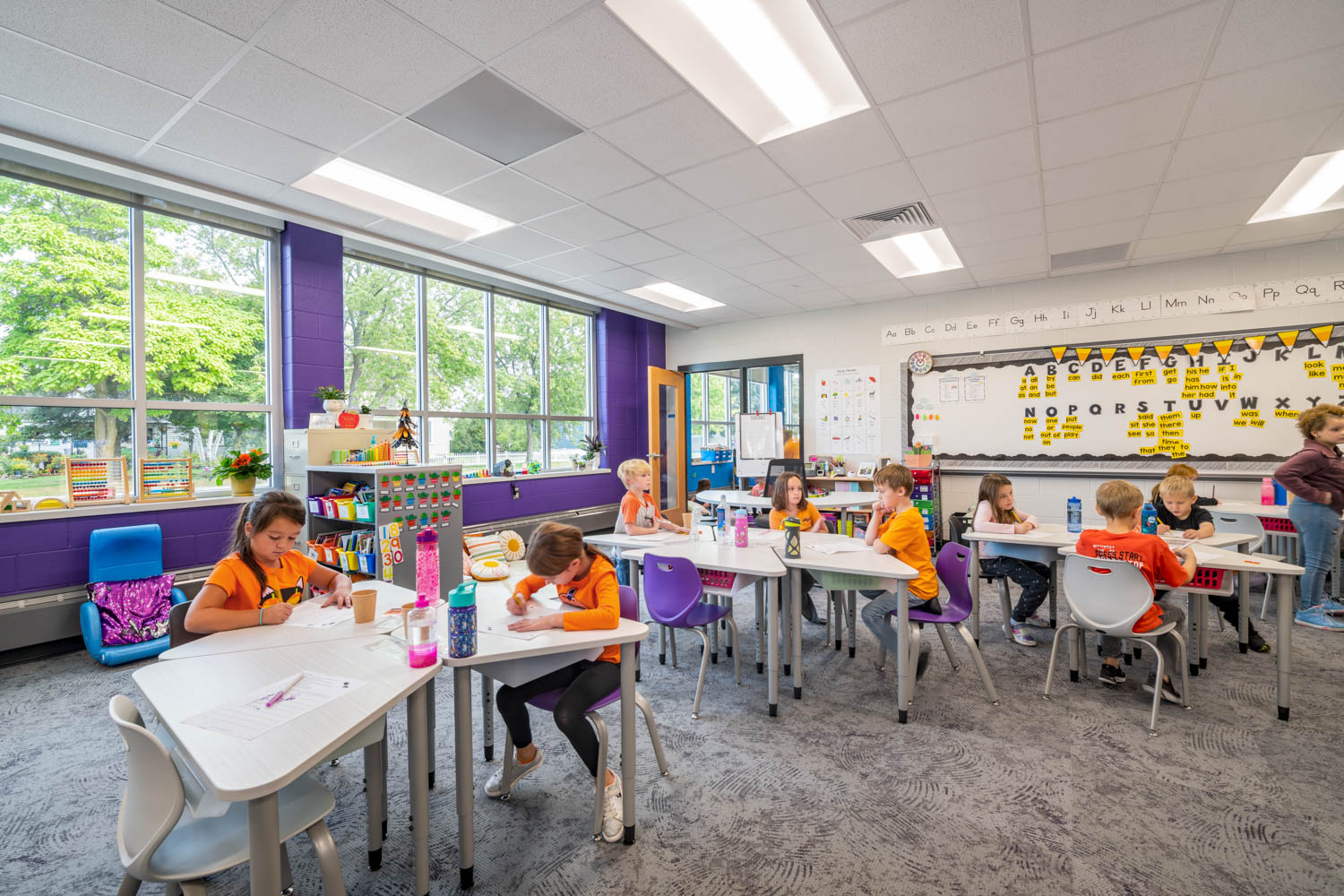Pioneering Design Symposium Spotlights Positive Impacts in Global Health through Design

On April 11, IIDA NY and Clinton Global Initiative (CGI) hosted their “Pioneering Design” symposium, examining the sustainable practices that panelists from three companies use to create beautiful objects from which both consumers and laborers benefit. The innovative work on display characterizes a growing movement that seeks to pair the goods consumers purchase (and dwell within) with larger social good in the world.
“We don’t need to pull raw materials from the earth’s crust to make our carpet,” noted George Bundy Jr., Vice President of Sustainability at Interface. He extolled the benefits of Net-Works, a project which creates carpets out of old fishing nets salvaged from the Philippines and Cameroon. Net-Works also initiated recycling centers and local banking to the fishermen, an innovative approach that protects the reefs and wildlife damaged by discarded nets, helps the fishermen’s livelihoods by giving them off-season income, and creates additional jobs in the community. The arrangement has the added benefit of enticing socially- and environmentally-conscious customers to Interface. Avoiding waste, Bundy continued, “creates marketability.”
Jennifer Grootman, Director of Social Consciousness & Innovation at West Elm, highlighted the company’s silk handloom pillows. “Jim [Brett, CEO] saw this real craving from consumers for something that was individualized and personalized,” Grootman said. Reviving traditional techniques and using in-house designers to give direction seemed like a natural way to meet this craving and curate a diverse catalogue that still has modern appeal. In addition to helping to restore traditional silk farming techniques, the company also partnered with nonprofits in one of the poorest parts of India to equip its workforce with the literacy needed to open bank accounts and start saving.
Co-founder of MASS Design Group, David Saladik, presented a cholera hospital the firm created in Haiti that contracted with local artisans and factories for its façade, foundations, and furniture. Saladik said that because the cost was roughly equal between importing the materials and sourcing locally, “we chose the way that put the money into the pockets of people in that community.” While MASS Design Group is a nonprofit firm, Saladik pointed out that for-profits are increasingly mindful of sustainability. “It’s profitable and people are demanding it these days. I think the needle is tipping.”


